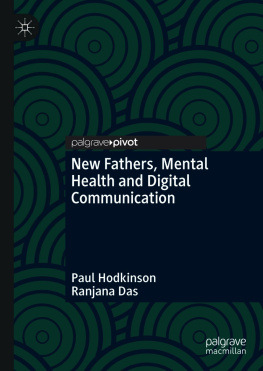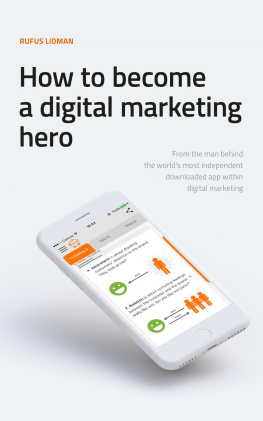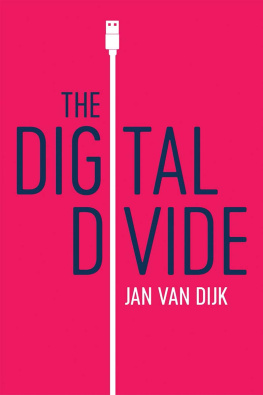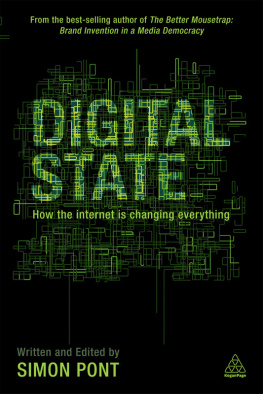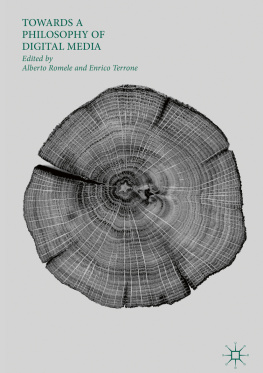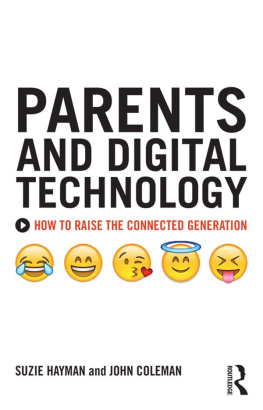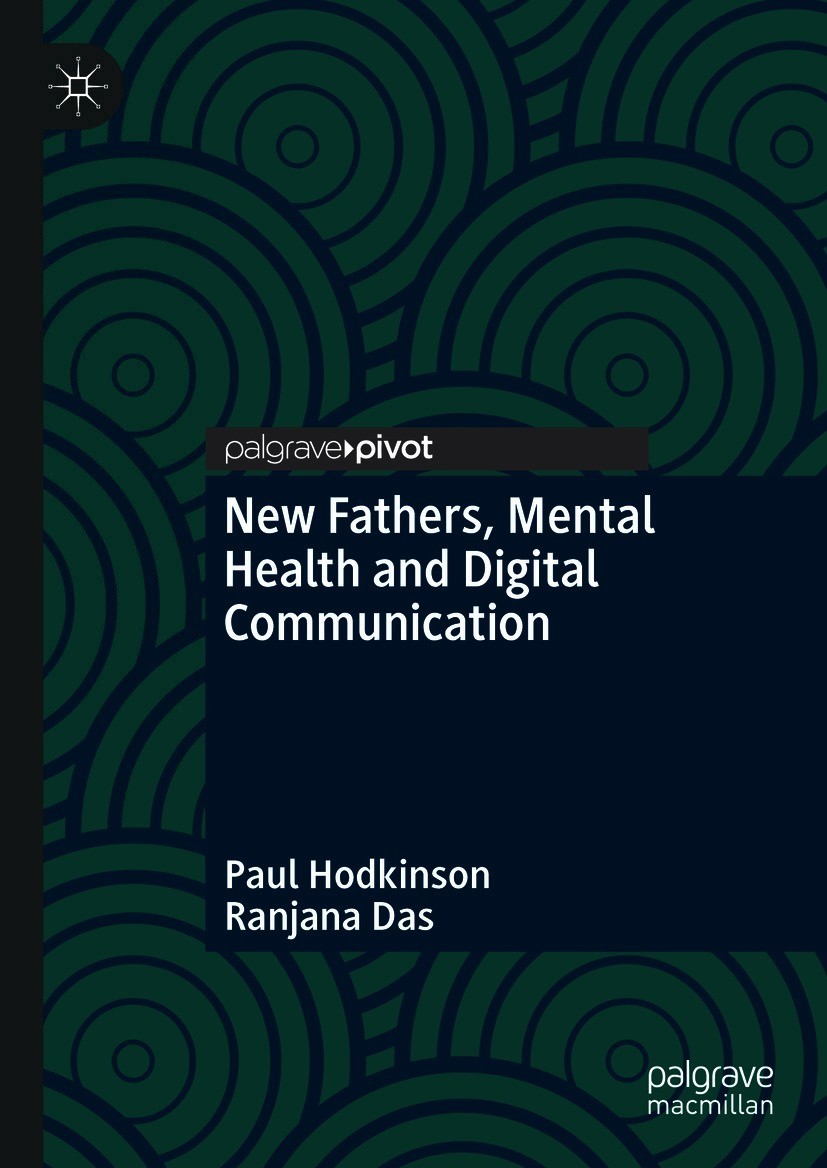Paul Hodkinson - New Fathers, Mental Health and Digital Communication
Here you can read online Paul Hodkinson - New Fathers, Mental Health and Digital Communication full text of the book (entire story) in english for free. Download pdf and epub, get meaning, cover and reviews about this ebook. year: 2021, publisher: Springer International Publishing, genre: Politics. Description of the work, (preface) as well as reviews are available. Best literature library LitArk.com created for fans of good reading and offers a wide selection of genres:
Romance novel
Science fiction
Adventure
Detective
Science
History
Home and family
Prose
Art
Politics
Computer
Non-fiction
Religion
Business
Children
Humor
Choose a favorite category and find really read worthwhile books. Enjoy immersion in the world of imagination, feel the emotions of the characters or learn something new for yourself, make an fascinating discovery.
- Book:New Fathers, Mental Health and Digital Communication
- Author:
- Publisher:Springer International Publishing
- Genre:
- Year:2021
- Rating:3 / 5
- Favourites:Add to favourites
- Your mark:
New Fathers, Mental Health and Digital Communication: summary, description and annotation
We offer to read an annotation, description, summary or preface (depends on what the author of the book "New Fathers, Mental Health and Digital Communication" wrote himself). If you haven't found the necessary information about the book — write in the comments, we will try to find it.
This book explores the experiences of new fathers struggling with mental health difficulties and focuses on the role of digital media as part of their approaches to coping. Hodkinson and Das show how the ways new fathers are positioned by society can make it hard for them to recognize their struggles as legitimate, or reach out for help. The book explores a range of different uses of digital communication by struggling fathers, from selective forms of disconnection, to the seeking out of online information or support. The authors highlight the significance even of the smallest digital acts as part of coping journeys and outline the development of tentative or hidden attempts to reach out for help, and the potential for supportive digital interactions to emerge. The books conclusions highlight the agentic possibilities digital media might offer for struggling new fathers, while emphasizing the need for improvements in how they are prepared and supported by health services and others.
Paul Hodkinson: author's other books
Who wrote New Fathers, Mental Health and Digital Communication? Find out the surname, the name of the author of the book and a list of all author's works by series.

